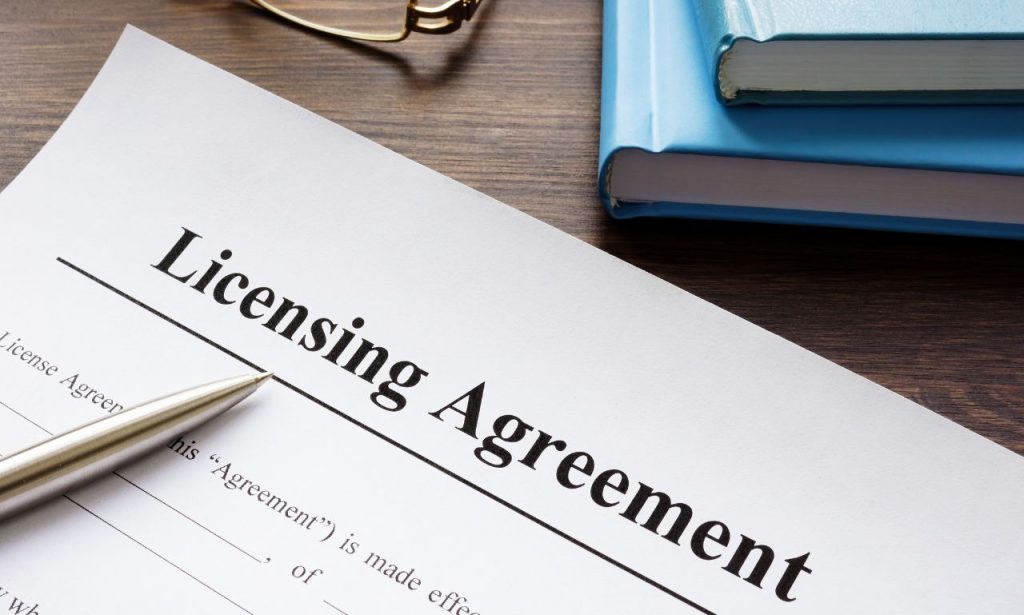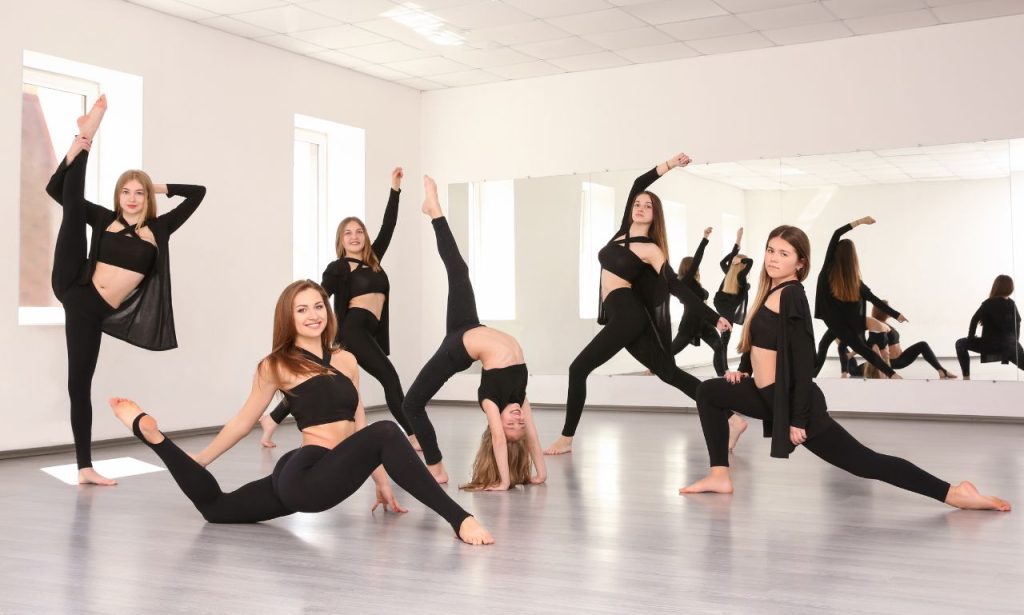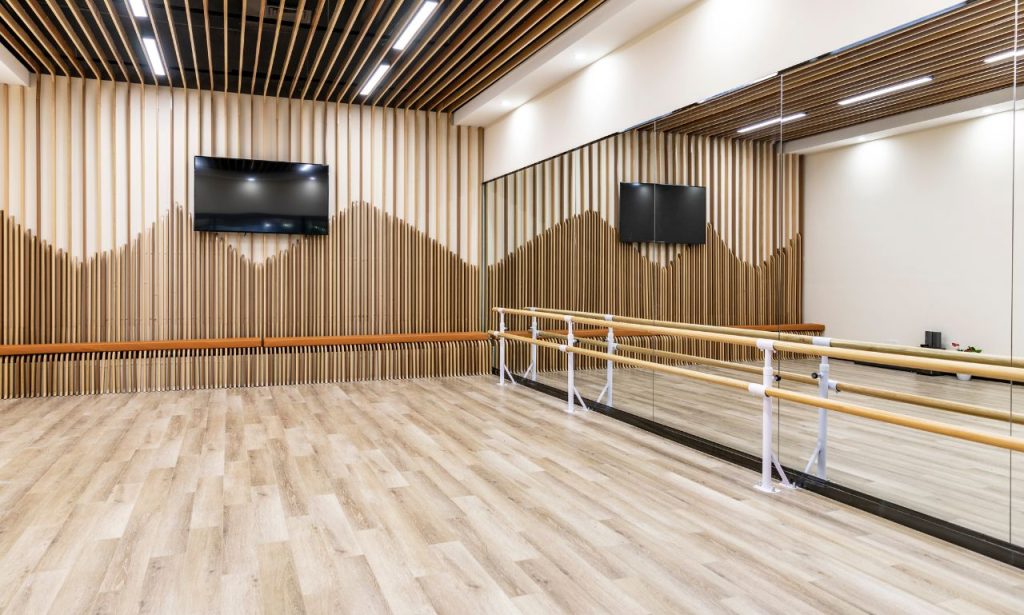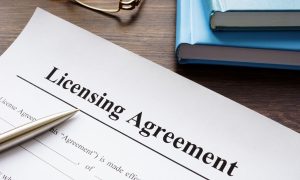Starting a dance studio can be one of the most exciting and fulfilling business ventures. However, before you begin offering dance classes, hosting private lessons, and planning special events, it’s important to understand the various licenses required to run your business legally.
Securing the necessary licenses ensures you comply with local, state, and federal regulations. In this guide, we’ll walk you through the essential licenses you’ll need to start a successful dance studio.
Overview of Licensing Requirements
When you decide to open a dance studio, you’ll need to obtain various licenses to operate legally. These licenses vary depending on the location of your business, the services you plan to offer, and the size of your studio. Understanding what licenses are needed to start a dance studio can help streamline the process and avoid legal trouble.
Types of Licenses Required

To get your dance studio off the ground, you’ll need to secure multiple licenses that fall under different categories: business licenses, tax permits, safety permits, and more. Here’s an overview of what you’ll need to consider:
General Business License
- What it covers: A general business license is required by the city or county where your dance studio is located. It’s the most basic license and allows you to operate legally as a business.
- How to obtain it: You’ll need to apply through your local government office. The process varies, but generally, you’ll need to provide business details such as your business name, address, and business structure (i.e., whether you’re a sole proprietorship or limited liability company).
- Why it’s essential: Without this license, you can’t legally run your dance studio.
DBA (Doing Business As) License
- What it covers: If you’re operating your dance studio under a name other than your legal business name, you must file for a “Doing Business As” (DBA) license. This lets you register your business name and legally use it in business transactions.
- How to obtain it: This is usually done through your county clerk’s office or local government.
- Why it’s essential: This license ensures that your business name is not already in use by another business, and it helps maintain transparency in your business dealings.
Federal Employer Identification Number (EIN)
- What it covers: If you plan to hire employees (such as dance instructors or office staff), you’ll need an Employer Identification Number (EIN). This is required for tax purposes and identifies your business to the IRS.
- How to obtain it: You can apply for an EIN online through the IRS website.
- Why it’s essential: This number is needed to file taxes and pay employees. Even if you don’t hire anyone right away, it’s a good idea to get it early, especially if you plan to grow your team in the future.
Sales Tax Permit
- What it covers: If you plan to sell any tangible goods, such as dancewear, equipment, or merchandise, you’ll need a sales tax permit. This license allows you to collect sales tax from customers.
- How to obtain it: You can apply for a sales tax permit through your state’s tax department or revenue agency.
- Why it’s essential: Without a sales tax permit, you can’t legally collect tax from your customers, and you could face penalties for failing to do so.
Certificate of Occupancy
- What it covers: A certificate of occupancy ensures that the building you’re using for your dance studio is safe and legally approved for commercial use. This certificate is typically required by local municipalities.
- How to obtain it: You will need to apply for this certificate after passing inspections related to building safety, including fire safety, sanitation, and accessibility standards.
- Why it’s essential: Operating without a certificate of occupancy can result in fines or shutdowns.
Music Licensing
- What it covers: If you plan to play music during classes or events, you must secure music licenses. These licenses are typically provided by performance rights organizations such as ASCAP, BMI, or SESAC.
- How to obtain it: You can contact the relevant performance rights organization to obtain a license that allows you to play music legally.
- Why it’s essential: Without proper licensing, you could face fines for playing copyrighted music in your studio.
State-Specific Licensing Considerations
Depending on your state, there may be additional licensing requirements to consider when opening your dance studio. Some states may have specialized licenses for businesses in the arts or education sectors.
Examples include:
- State Education License: Some states require education-related businesses to be licensed as schools, especially if you plan to offer certification programs.
- Health and Safety Licenses: If your studio offers fitness classes or physical therapy, you might need additional certifications related to health and safety protocols.

Local Zoning Laws and Regulations
In addition to state and federal requirements, local zoning laws and regulations will play a crucial role in determining where your dance studio can be located. Zoning laws specify the areas where commercial businesses, including dance studios, can operate.
Key Zoning Considerations
- Commercial Use: Ensure your location is zoned for commercial use. If your studio is in a residential area, you may need special permission or a zoning variance.
- Parking Requirements: Zoning laws may also dictate how much parking is required for your business, particularly if you expect a lot of clients or plan to hold special events.
- Signage Rules: There may be restrictions on the size and type of signage you can display for your dance studio.
Steps to Obtain Licenses
Navigating the process of obtaining the necessary licenses for your dance studio can be overwhelming, but with careful planning, you can make it smooth and efficient.
Researching Licensing Requirements
Before applying for any licenses, take the time to research the requirements specific to your location. This includes checking with your local city hall, state government, and federal agencies.
Completing Applications
After identifying the necessary licenses, fill out the application forms. Be sure to provide all required documentation, including your business plan, proof of identity, and any certifications or permits related to health and safety standards.
Paying Fees
Each license will have an associated fee, which can vary greatly depending on your location and business type. Be prepared to pay these fees in a timely manner to avoid delays.
Importance of Compliance
Operating without the proper licenses can have serious legal consequences for your business. Here’s why staying compliant is crucial:
Legal Implications of Operating Without Licenses
- Fines and Penalties: Operating without a business license or other required permits can result in hefty fines.
- Business Closure: Local authorities have the power to shut down businesses that are not properly licensed.
- Damage to Reputation: Operating illegally can harm your dance studio’s reputation and undermine client trust.
Building Trust with Clients and Community
Having the proper licenses shows that you are a legitimate business owner, which can enhance your credibility. Clients will feel more confident trusting you with their dance education if they know your studio meets all legal requirements.
Resources for License Applications

Navigating license applications can be time-consuming, but several resources can help.
State and Local Government Websites
Your state and local government websites are often the best places to find detailed instructions on how to apply for necessary licenses. These sites typically offer downloadable forms and contact information for assistance.
Business Associations
Many business associations provide resources and guidance for new business owners. These can be excellent sources of information on the types of licenses and permits needed in your specific industry.
Conclusion
Starting a dance studio can be a rewarding venture, but obtaining the correct licenses is a crucial first step to ensure your business runs smoothly and legally. By understanding what licenses are needed to start a dance studio, you’ll set a strong foundation for a successful and compliant business.
ALSO READ: How to Buy Into a Business as a Partner
FAQs
Yes, in most cases, you will need a business license, and possibly a teaching certification, depending on your state’s regulations.
It can take anywhere from 7-10 business days to process your business license, but this may vary depending on your local government.
Yes, but you will need to check your local zoning laws to ensure it’s allowed in your area.
Yes, you’ll need liability insurance and possibly worker’s compensation insurance if you hire employees.




